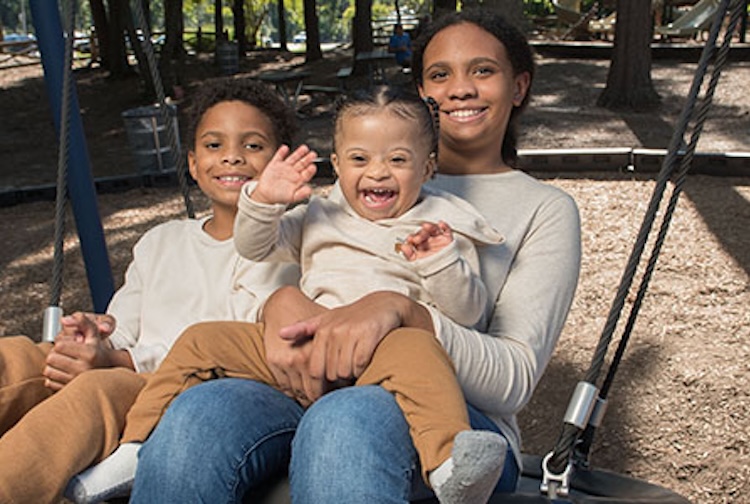
What you need to know about an uptick in respiratory illness
November 01, 2022 Getty Images
Getty Images
A common respiratory virus that typically affects young children during the winter is spreading earlier than usual. Patients with respiratory syncytial virus (RSV) are popping up at hospitals across the country including VCU Health. In late October, VCU Health as a whole was seeing a positivity rate of 17 percent, which means that 17 percent of people who have symptoms and are tested for the virus test positive.
RSV is highly contagious and can cause respiratory illness in people no matter their age, with symptoms similar to the common cold or flu. It normally lasts one to two weeks and care is similar to any other respiratory virus or cold with over-the-counter medications, plenty of rest and fluids.
Adults with underlying conditions, such as individuals with lung conditions and those who received organ transplant, are at risk of developing severe pneumonia (an infection of the lungs) if they catch RSV, according to VCU Health infectious disease expert Dr. Gonzalo Bearman.
Oftentimes RSV is mild, but according to the Centers for Disease Control and Prevention it is the most common cause of children under 1 years old to develop bronchiolitis (an inflammation of the small airways in the lungs) or pneumonia. The virus tends to be more severe for infants, kids under 5, children born prematurely or with lung or heart conditions.
Between Oct. 9 and 29, the Virginia Department of Health reported that children under 18 years old made up 91 percent of emergency department and urgent care visits resulting in a diagnosis of RSV. That lines up with what Dr. Tiffany Kimbrough and her colleagues are seeing at the Children’s Hospital of Richmond at VCU. The pediatrician and mom of two says most of their patients have been children ages 4 years old and younger.
"RSV, rhinovirus and other respiratory illnesses are creating a surge in hospitalizations in both our pediatric acute care and pediatric intensive care settings," Kimbrough said. "The infections are more severe than we’ve seen in the past, and we’re only at the beginning of what is traditionally considered peak respiratory virus season."
While there is no RSV vaccine, Kimbrough said there is an antibody shot called Synagis available in certain circumstances, like for infants with compromised immune systems. Virginia Medicaid has also approved coverage of doses due to the rent spike in cases.
Many of the same measures used to prevent the spread of COVID-19 are also used to protect against RSV and other illnesses commonly diagnosed during the winter months. These include washing hands thoroughly with soap throughout the day as well as staying up to date on immunizations.
Bearman recommends people who feel ill wear a mask when indoors in crowded places and get tested as soon as possible to figure out if illness is actually RSV or something else, like the flu or COVID-19.
"RSV is indeed contagious from person-to-person. Patients who are ill should wear a mask and should avoid crowded spaces," Bearman said. "In addition, if someone has a respiratory illness, they should seek professional care."
Particularly for children, VCU Health team members recommend calling a health care provider if a young one shows signs of dehydration (not using the bathroom, no tears with crying, etc.), has a worsening cough or trouble breathing, and uncharacteristically refuses to eat or drink.



